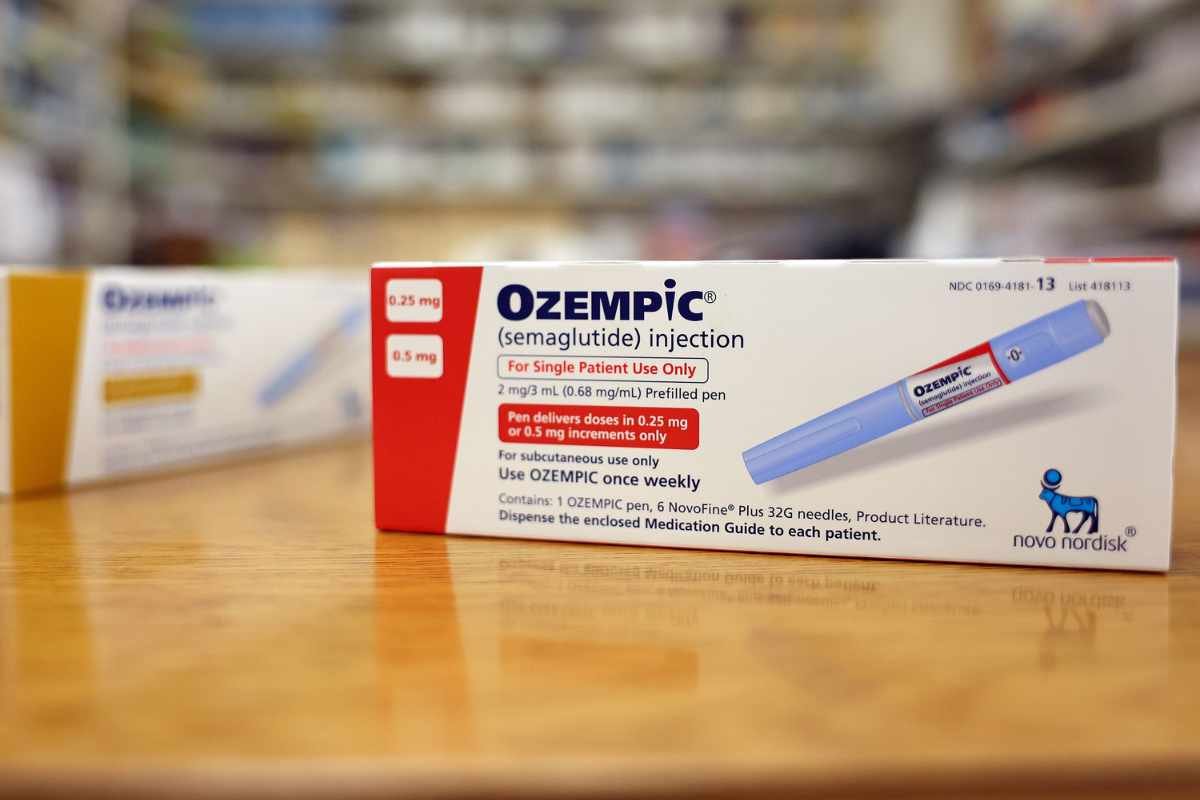Source-edition.cnn.com
A woman named Juanita Gantt has filed a lawsuit against Novo Nordisk, the pharmaceutical giant behind the widely-used diabetes medications Ozempic and Wegovy. Gantt’s lawsuit alleges that the drug’s labeling fails to warn consumers about potential severe side effects adequately. According to Gantt, one of these side effects led to a serious health crisis that resulted in the removal of her colon.
Gantt, who shared her story on CBS Mornings, explained that she was prescribed Wegovy and later Ozempic after her doctor determined she was at risk of developing diabetes. At the time, the 62-year-old weighed 242 pounds. Initially, Gantt reported feeling positive effects from the medication, such as reduced appetite and diminished cravings.
However, in October 2023, her health took a dramatic turn for the worse when she was found unconscious by her husband. Gantt claimed that the medication caused parts of her large intestine to die, necessitating emergency surgery to remove it. Complications from the surgery led to her going into cardiac arrest, and she now lives with an ileostomy bag, which collects waste from her body. Gantt expressed frustration during the interview, stating, “I had no warning that this was even a possibility.”
Novo Nordisk Responds to Allegations
Novo Nordisk has responded to Gantt’s lawsuit, firmly stating that the claims are “without merit.” In a comment to PEOPLE, a Novo Nordisk representative expressed sympathy for Gantt’s health challenges but emphasized that patient safety is a top priority for the company. The company highlighted its close collaboration with the U.S. Food and Drug Administration (FDA) to monitor the safety of its medications.
Novo Nordisk defended the safety profile of its GLP-1 receptor agonists, the active ingredients in Ozempic and Wegovy, which have been used to treat type 2 diabetes for over 19 years and obesity for nearly a decade. The company stressed that these medications, including semaglutide and liraglutide, have undergone extensive clinical testing and have a long track record of safety and efficacy. Novo Nordisk reiterated that the known risks and benefits of these medications are clearly outlined in their FDA-approved product labeling and that the company stands behind the safety of its products when used as directed by healthcare professionals.
Rising Concerns About GLP-1 Receptor Agonists
Gantt’s case is not the first time that GLP-1 receptor agonists have come under scrutiny. These medications, which include Ozempic and Wegovy, work by delaying food digestion, which can lead to complications when taken for extended periods. In July 2023, concerns about these drugs made headlines when other patients reported developing gastroparesis, a condition where stomach paralysis significantly slows digestion to a harmful extent.
Novo Nordisk’s response to these concerns has been consistent, with the company maintaining that its GLP-1 medications have been thoroughly studied and are safe when used appropriately. However, Gantt’s lawsuit has brought renewed attention to the potential risks associated with these drugs, raising questions about whether the current labeling provides sufficient warning to consumers. As the case moves forward, it could have significant implications for the pharmaceutical industry and the future regulation of similar medications.









